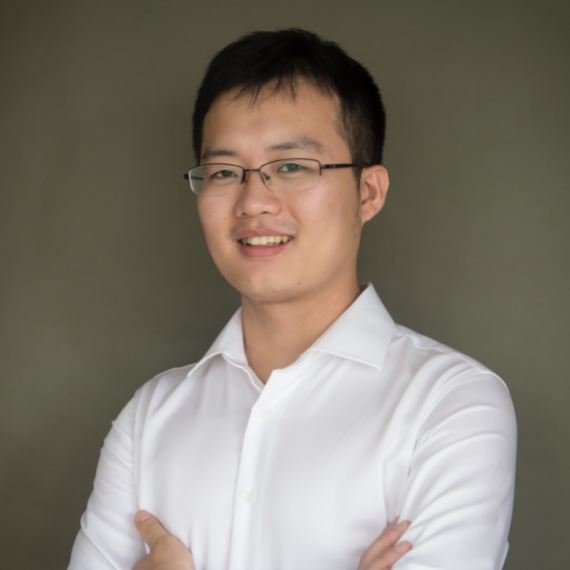Course Overview
Course Title: Poverty & Mental Health
Relevant SDGs: SDG 1, SDG 2, SDG 3, SDG 10
Credit(s): 2 credits
Course Description:
Does poverty only mean shortage of food and material possessions? How does it associate with the mental health of different populations, such as females, working class, and sexual minority? Is the widespread gig economy, labelled with freedom, autonomy, and self-determination, a cure or a toxicant for poverty? And, what can technologies do in combating poverty and protecting the mental health of poverty population?
Drawing on cases in different countries, this course will lead students to explore the answers to these interesting and significant questions. Instructors will introduce some baseline frameworks, utilizing insights from psychology, sociology, and social policy. Based on these frameworks, students with different academic backgrounds are supposed to form several seminar topics that relate with Sustainable Development Goals (i.e., No.1, No.2, No.3, and No.10) set by United Nations. After taking the course, students are expected to get a fuller picture of poverty problem in the world as well as how it is dealt with by governments.
This course encourages meaningful intra- and inter-group interactions. Students of different academic perspectives form study group, and each study group will explore solutions to one specific poverty problem.
What skills will students get?
- Intercultural communication competence enhancement;
- Basic facts of poverty and how it is dealt with by governments in contemporary world;
- The associations between poverty and mental health among different populations, such as females, working class;
- Classic analysis perspectives of the problem from Sociology, Psychology, and Social Policy;
- A rare opportunity to use your own academic perspective to form a solution to one specific poverty problem.
Mode of Teaching
Lecture, tutorial, and seminar.
Grading
- Attendance & in-class discussion: 30%
- Group presentation: 60%
- Final program summary: 10%
Course-specific Restrictions
None.
Class Schedule
|
Week |
Date(DD/MM) |
Week Day |
Time (UTC+8) |
Topic |
Credit hours |
Teaching mode |
Instructor in charge |
|
1 |
19/06 |
Mon. |
14:00-16:30 (UTC+8) |
Course introduction |
3 |
Lecture |
Fan Yang |
|
1 |
21/06 |
Wen. |
14:00-16:30 (UTC+8) |
Brainstorming and proposing the potential topics |
3 |
Tutorial & discussion |
Fan Yang & Bingqin Li |
|
1 |
22/06 |
Thur. |
14:00-16:30 (UTC+8) |
Why some welfare policies fail to reduce poverty and mental health problems? |
3 |
Lecture |
Fan Yang |
|
1 |
24/06 |
Sat. |
14:00-16:30 (UTC+8) |
Narrow down & preliminary design |
3 |
Tutorial & discussion |
Fan Yang |
|
2 |
26/06 |
Mon. |
14:00-16:30 (UTC+8) |
What is the role of community in addressing poverty and mental health problems? |
3 |
|
Fan Yang & Bingqin Li |
|
2 |
28/06 |
Wen. |
14:00-15:40 (UTC+8) |
Reporting the progress and problems |
2 |
Tutorial & discussion |
Fan Yang |
|
2 |
29/06 |
Thur. |
14:00-16:30 (UTC+8) |
Why economic development sometimes does not bring about alleviation of poverty and mental health problems? |
3 |
|
Fan Yang |
|
3 |
01/07 |
Sat. |
14:00-16:30 (UTC+8) |
Reporting the progress and problems and prepare the final presentation |
3 |
Tutorial & discussion |
Fan Yang |
|
3 |
03/07 |
Mon. |
14:00-16:30 (UTC+8) |
Is digitalization a cure or a poison for dealing with poverty and mental health problems? |
3 |
|
Fan Yang |
|
3 |
05/07 |
Wen. |
14:00-16:30 (UTC+8) |
Polish and presentation drills |
3 |
Tutorial & discussion |
Fan Yang |
|
3 |
06/07 |
Thur. |
14:00-16:30 (UTC+8) |
Final presentation |
3 |
Discussion |
Fan Yang, Bingqin Li, & Yang Shen |
|
Total |
32 |
|
|||||
Instructors

Fan Yang

Bingqin Li

Jinyu Liu
Course Contact
Dr. Fan Yang: fan_yang86@sjtu.edu.cn

